News and Information Related to Sustainability in Dairy
A collection of articles relevant to dairies and their environmental impact.
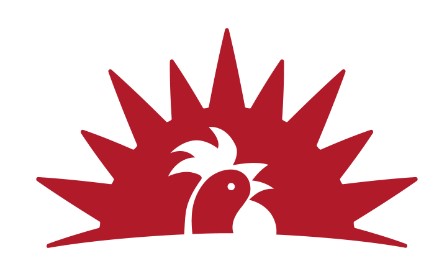
Dairy Checkoff Leaders Share Results, Momentum at 2025 Joint Annual Meeting
The 2025 Joint Annual Meeting hosted by Dairy Management Inc., National Milk Producers Federation, United Dairy Industry Association, and the National Dairy Promotion and Research Board drew in nearly 800 farmers and industry representatives to Arlington, Texas to celebrate the national checkoff’s investments in research, marketing, partnerships, and innovation. A popular topic of the conference, sustainability, was shown to be shared to consumers through strategic campaigns and storytelling.
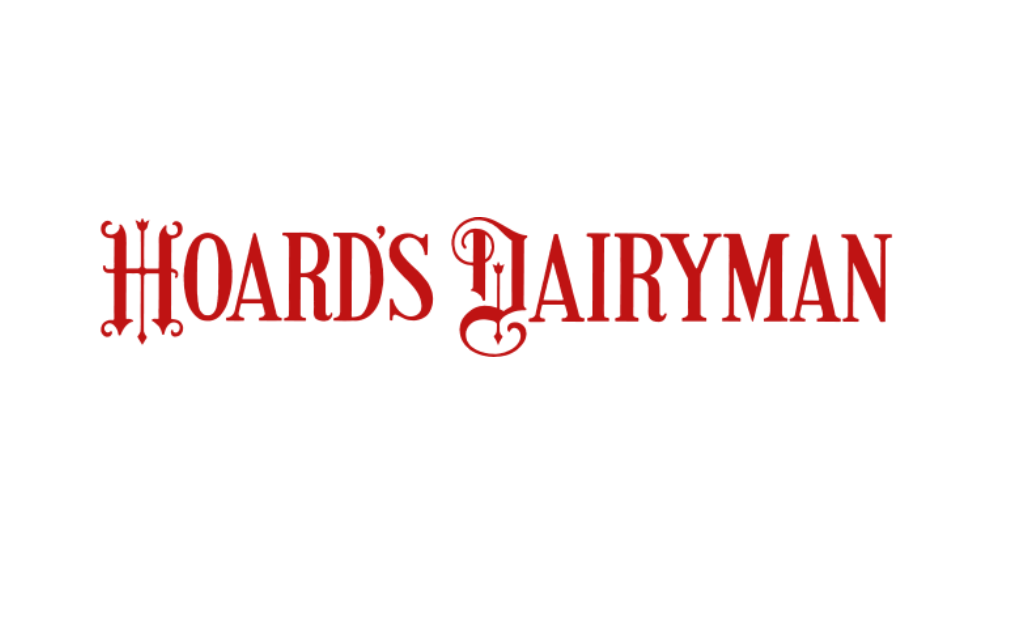
National Dairy FARM Program Announces 2025 Excellence Awards Winners
The National Dairy Farmers Assuring Responsible Management (FARM) Program’s Excellence Awards were announced at the 2025 Joint Annual Meeting in Arlington, Texas. Continuous improvement of these awards are celebrated through each of the FARM pillars, Animal Care & Antibiotic Stewardship, Environmental Stewardship, and Workforce Development, as well as recognizing an outstanding FARM Program evaluator. Five Star Dairy, located in Alma, Wisconsin was the recipient of the Environmental Stewardship award for their commitment to conservation practices to protect the land, water, and wildlife in their surrounding community.

Sustaining the Herd Podcast: Dairy Manure Management: Lessons Learned and Looking Ahead
Newtrient COO, Mark Stoermann, joins Andrew Wedel and Brock Vetick of Settje Agri-Services Engineering to discuss Newtrient’s mission to reduce the environmental footprint of dairy while making it economically viable to do so. Drawing on his expertise in anaerobic digestion and the evolution of manure management practices, Mark highlights how the Newtrient team supports farmers in making confident decisions in selecting manure management technologies and practices that best fit their operation.
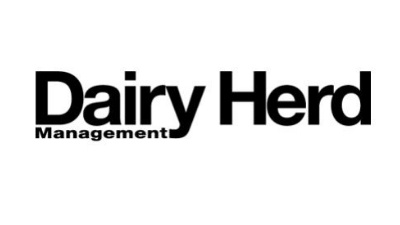
A Glimpse into the Future of Dairy: 5 Key Takeaways From the 2025 IDF World Dairy Summit
The International Dairy Federation (IDF) held its annual Dairy Summit in Santiago, Chile this past October. During the summit, dairy industry leaders from across the world gathered to discuss the challenges the industry currently faces and emerging trends that embrace the future. One of the dominant takeaways from the event were the global sustainability efforts being made to achieve dairy’s 2050 environmental stewardship goals while creating opportunities across the value chain.

By-products continue to show value
Feed by-products such as soybean meal, distiller’s grains, beet pulp, almond hulls, and others, have proven to be an essential component of dairy rations and sustainability efforts. As feed costs rise and environmental expectations increase, nutrient dense animal feed by-products remain a top method for diverting waste from landfills, advancing cost efficiency, and improving herd performance.
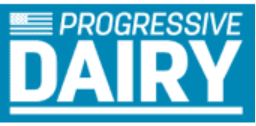
Lifelong Learning: Strategic innovation, continuous education central to dairy success
In an evolving dairy landscape, staying informed about the latest trends, technologies, and practices is crucial for making implementation decisions that can potentially enhance sustainability, animal health, efficiencies, and revenue. It is important to explore implementation strategies comprehensively and evaluate what aligns best for the specific needs of the operation.

California Dairy Sustainability Summit Returns to Visalia in March 2026
California, a leading state in dairy sustainability achievements, will be holding its annual California Dairy Sustainability Summit on March 24, 2026 at the Visalia Convention Center. As California’s dairy industry is set to achieve climate neutrality within the next few years, the 2026 Summit sets to support dairy farmers in their stewardship efforts, address the challenges ahead, and recognize ongoing advancements.

Where Cows MOOve Together for a Sustainable Operation
Carlos Alberto Pérez Pérez, third generation dairy farmer and agronomist in Hatillo, Puerto Rico, shares his commitment to advancing operational efficiencies and sustainability through innovation and education. On his dairy, Carlos has implemented genomic testing and rotational grazing, along with NRCS Environmental Quality Incentives Program (EQIP) assisted practices. These efforts reflect Carlos’ dedication to sustainable agriculture, his passion for dairy farming, and solidifies his family legacy.
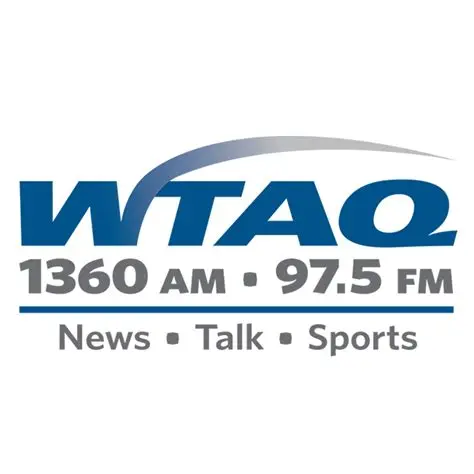
Bonus: Focus on water use efficiency and data to fine-tune crop production
Jacqi Coleman and Bridgett Hilshey of Dairy Management Inc.’s environmental sustainability team, made an appearance on the Farm Food Facts podcast where they highlighted focal points in the dairy sustainability space. Coleman mentioned she is keeping an eye on water use efficiency and economic barriers to implementation while Hilshey touched on her interest in supporting farms in fine tuning their agronomic practices and efficiencies through credible data.

How to Put Together a Manure Management Plan
Fertilizing the soil requires a strategic approach – maximizing the use of nutrients in manure in an economically viable way, while protecting natural resources. To implement a comprehensive application plan and balance the nutrient needs of the crop, it is essential to understand the nutrient value of the manure, crop characteristics, sensitive field features, and soil fertility.
